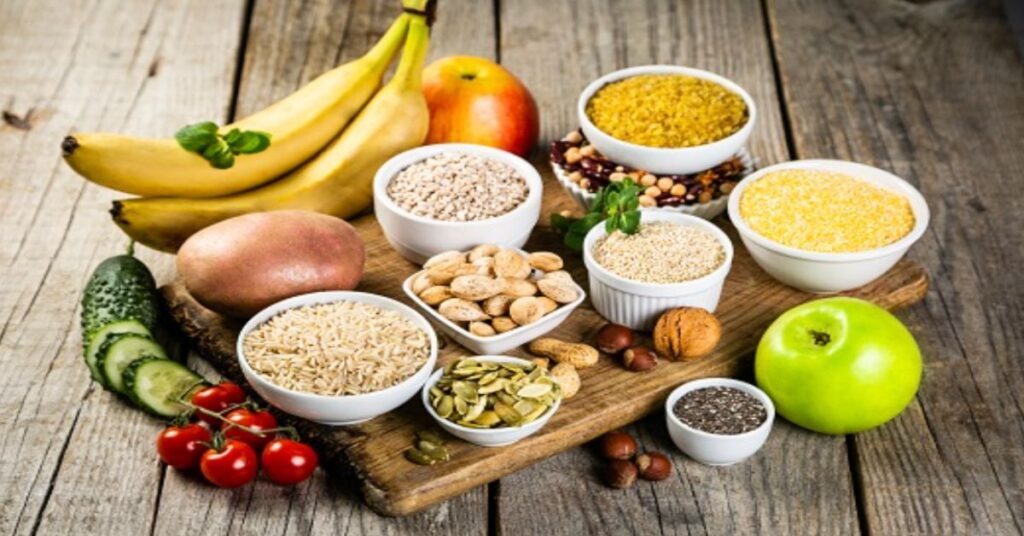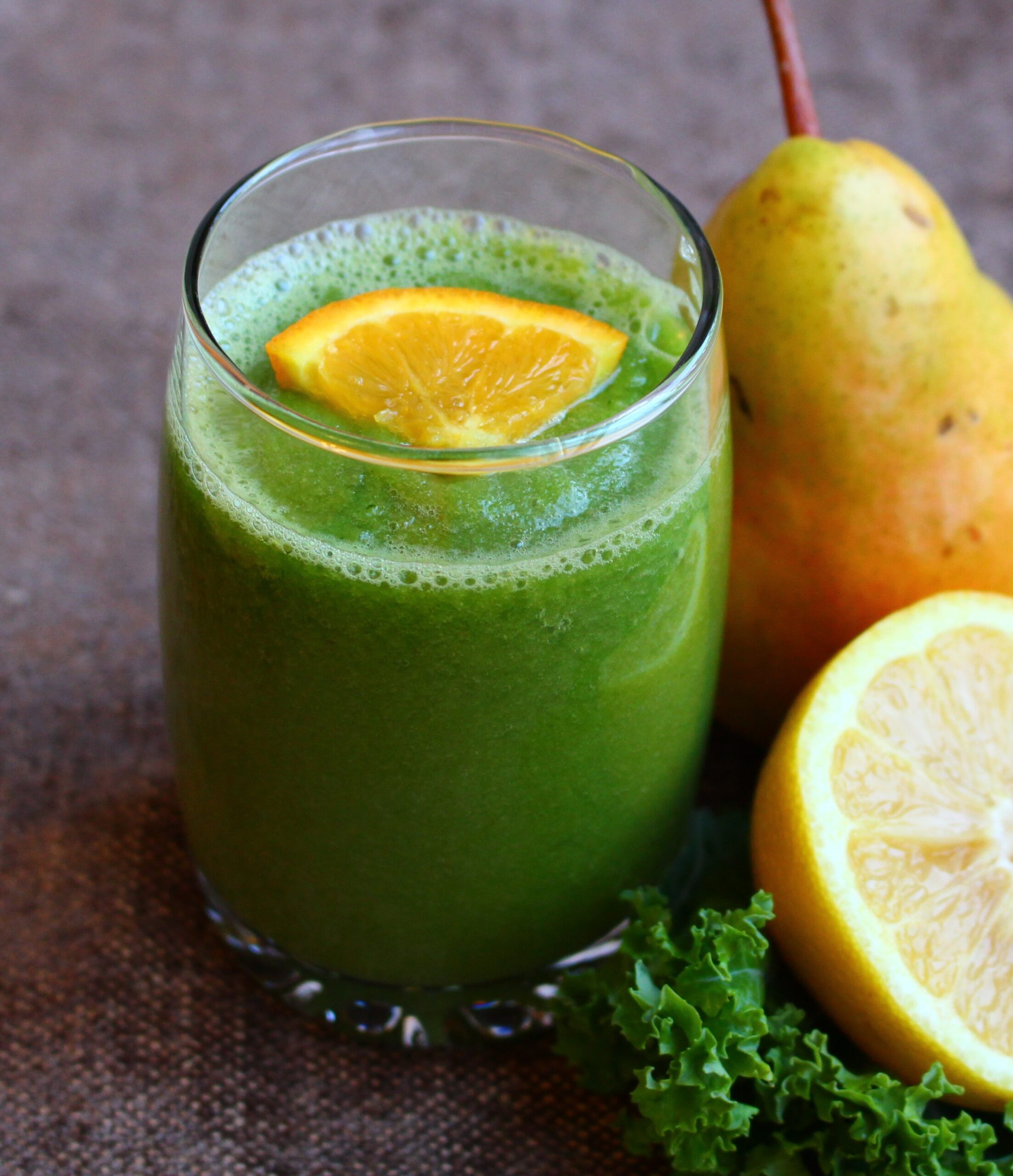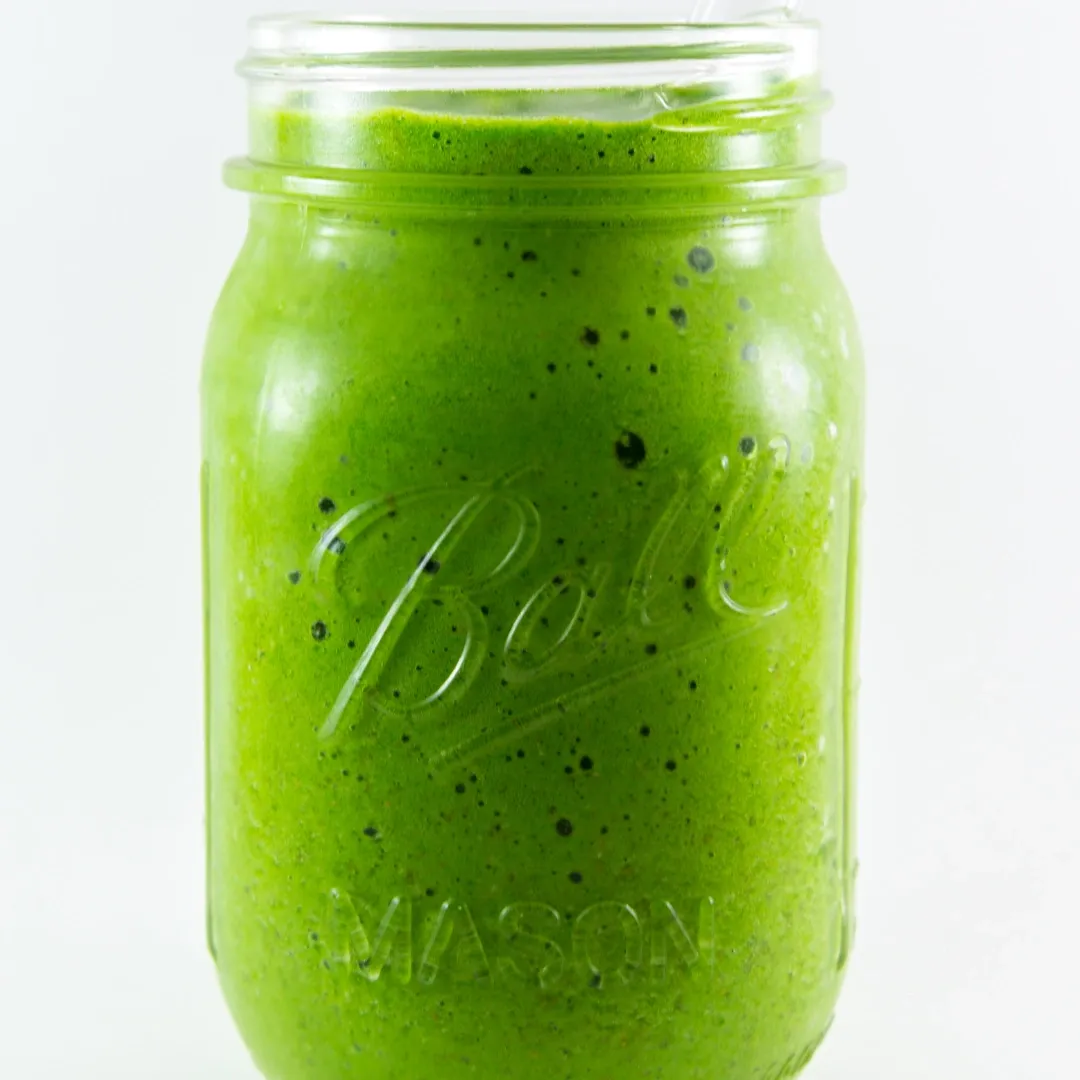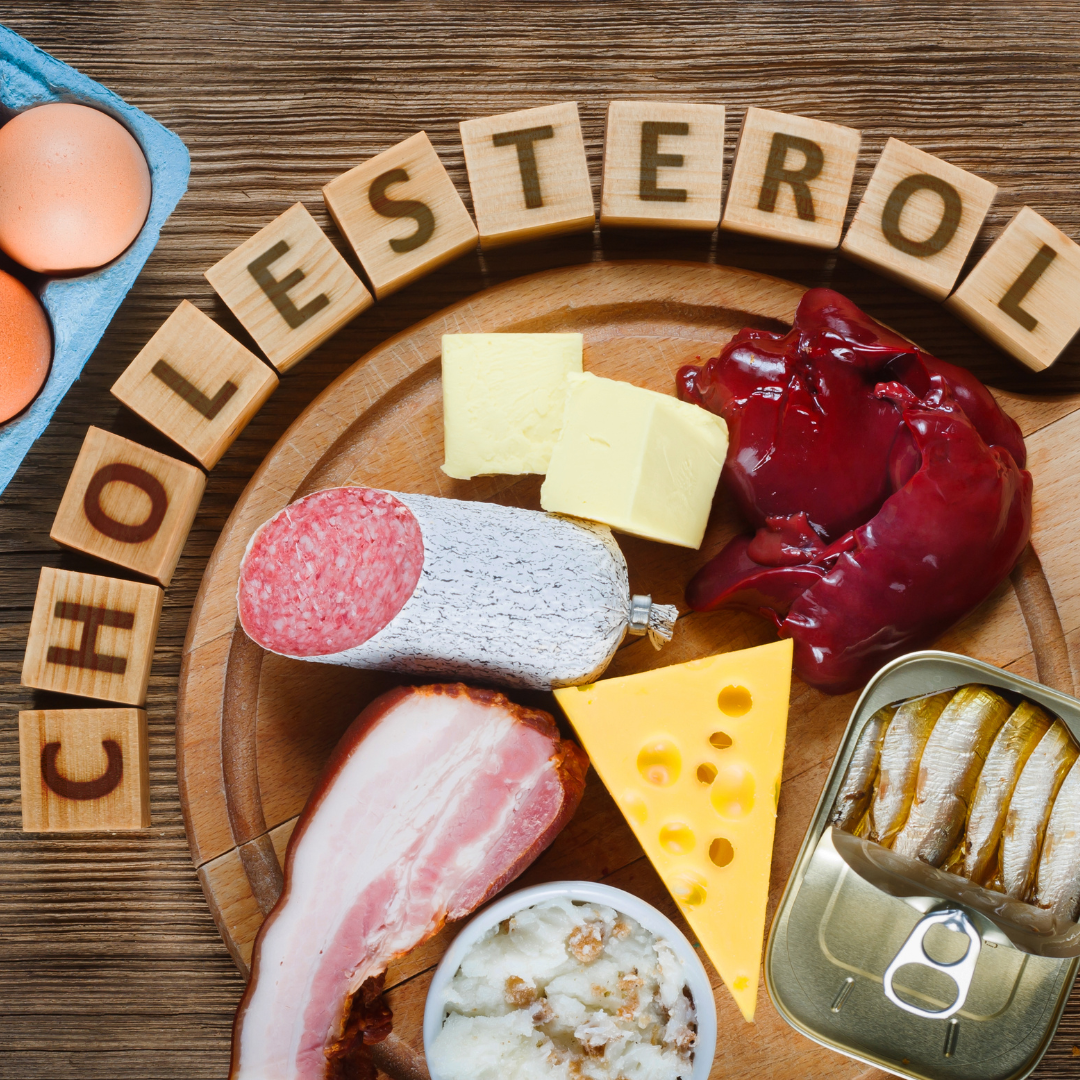Cholesterol and Plants: Lower Your Cholesterol Naturally!
Are you concerned about high cholesterol? You’re not alone! The good news is that adding more plant-based foods to your diet can help you manage cholesterol levels naturally. Let’s explore how these vibrant foods can boost your heart health and why they should be on your plate more often.
What Is Cholesterol?
Cholesterol is a waxy substance your body needs to build cells and produce hormones. However, there are two types of cholesterol:
LDL (Low-Density Lipoprotein): Often referred to as “bad” cholesterol. High levels can lead to plaque buildup in your arteries, increasing your risk of heart disease.
HDL (High-Density Lipoprotein): Known as “good” cholesterol. It helps remove LDL cholesterol from the bloodstream.
Balancing these two types is essential for a healthy heart. Fortunately, incorporating more plant-based foods into your diet can help! For more about cholesterol’s impact on health, check out this resource from the American Heart Association.

How Do Plant Foods Help Lower Cholesterol?
Plant-based foods are amazing allies in the battle against high cholesterol! Here’s how they work their magic:
Fiber Heroes
Soluble fiber, found in fruits, vegetables, and whole grains, helps lower LDL cholesterol. It acts like a sponge, soaking up cholesterol and flushing it from your system. Think oatmeal, beans, and apples—your new breakfast besties!
Healthy Fats
Foods like avocados, nuts, and seeds are rich in unsaturated fats, which can boost your HDL (good) cholesterol. For heart health, omega-3 fatty acids from flaxseeds and chia seeds are particularly beneficial.
Antioxidants and Phytosterols
Plant foods are packed with antioxidants that help combat inflammation and reduce the oxidation of LDL cholesterol. Plus, phytosterols, found in nuts and seeds, help block cholesterol absorption.

Top Foods for Lowering Cholesterol
Ready to start eating your way to better heart health? Here are some delicious plant foods to focus on:
Oats and Barley: Perfect for breakfast, these grains are rich in beta-glucan, a soluble fiber that helps lower cholesterol.
Legumes: Beans, lentils, and chickpeas are fiber powerhouses that fill you up without filling you out.
Nuts and Seeds: Snack on almonds or sprinkle flaxseeds on your meals for a healthy boost.
Fruits: Apples, oranges, and berries are not only tasty but also rich in fiber and antioxidants.
Vegetables: Load your plate with leafy greens, carrots, and cruciferous veggies like broccoli for added nutrients.
Need more ideas? Check out this guide on plant-based foods for lowering cholesterol.

Lifestyle Tips for Lowering Cholesterol
Beyond diet, consider these lifestyle tips to further support your heart health:
Get Moving
Regular exercise can raise HDL cholesterol and improve overall heart health. Aim for at least 150 minutes of moderate activity each week. Even a brisk walk can make a difference!
Quit Smoking
If you smoke, quitting can help raise your HDL cholesterol levels. It’s one of the best gifts you can give to your heart!
Manage Stress
Chronic stress can impact cholesterol levels. Explore relaxation techniques like yoga, meditation, or deep breathing.
Managing cholesterol doesn’t have to be overwhelming! By incorporating more plant-based foods into your diet, you can naturally lower your LDL cholesterol and improve your overall heart health. Every small change counts, so why not start today?
Are you ready to embrace a heart-healthy, plant-based lifestyle?
Recommended Smoothies




